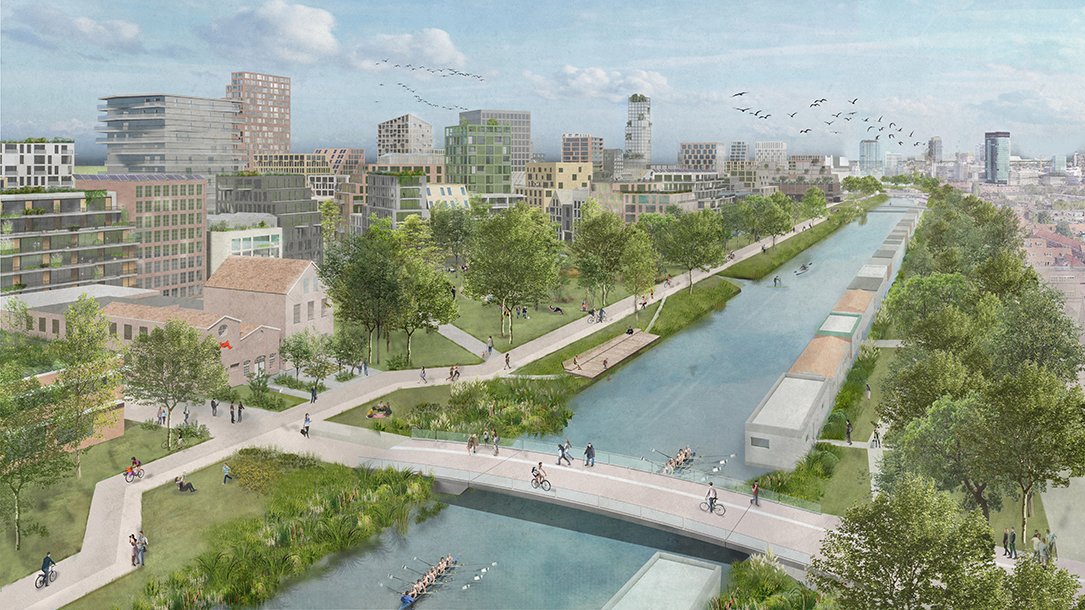Involve public values in future urban mobility
Findings from The Algorithmic Studio
With texts like ‘12,000 people, zero cars’, media at home and abroad are using sensational terms to write about Merwede, a district that will be created in the south-east of the city of Utrecht. Although Merwede will be not be completely car-free, cars will disappear from the streets and only one in three households will have a parking space. Cities such as Amsterdam (Sluisbuurt) and The Hague (Binckhorst) are also building neighbourhoods in which area development goes hand in hand with the introduction of a low-traffic mobility system. Such new ‘mobility schemes’ are often accompanied by a digital platform that connects supply and demand.

In the debate on digital mobility platforms, also known as Mobility as a Service (MaaS), the claim is often made that they ensure effortless and comfortable travel and mobility services that are available at any time of the day. The comparison with streaming services such as Netflix or Spotify is easy to make.
Researchers Dr Peter Pelzer, Rianne Riemens, Carolin Nast and Dr Martijn van den Hurk of Utrecht University question this view in the study ‘The Algorithmic Studio’. ‘When it comes to the future of mobility, various public values are important. These include accessibility for the entire population, the impact of mobility on climate change and also the fact that privacy is increasingly being placed under pressure by digital solutions,’ says Peter Pelzer.
The researchers have therefore created an assessment framework for weighing up public values. Researchers and policymakers can use this framework to analyse which values are at stake. They can then empirically investigate these values and reveal the frictions between different values. The assessment framework summarises academic debates on digitalisation and urban planning and mobility.

‘We then applied this framework in two ways,’ says Pelzer. ‘Firstly, we developed four scenarios based on clusters of public values: ECO, Together, Simple and Travel Unlimited. These scenarios paint a possible picture of the city of the future, for example outlining the precise form that mobility will take. Secondly, we investigated several existing mobility experiments in more detail: the Sluisbuurt and Merwede neighbourhoods in the Netherlands and Kutsuplus and UbiGo in Sweden.’
‘We hope that the assessment framework for public values and the scenarios will contribute to a more careful and informed debate about mobility in the city of the future and the role played by mobility platforms,’ says Pelzer.
About the project
‘The Algorithmic Studio’ was made possible by a SURF Pop Up grant from NWO, a Bright Minds Assistantship from Utrecht University's Faculty of Geosciences, the research hub Transforming Infrastructures for Sustainable Cities of Utrecht University's strategic theme Pathways to Sustainability, and the City of Utrecht.

